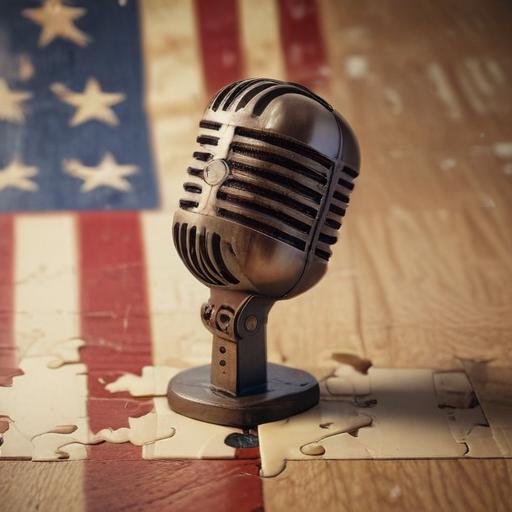Dave Portnoy, the founder of Barstool Sports, recently engaged in a conversation with NPR that caught many by surprise. Portnoy, known for his controversial and bold statements, reflected on his unexpected recognition by mainstream media and political discussions, particularly following an election cycle where men largely supported Donald Trump. He identifies with a style of politics dubbed “Barstool conservatism,” described by some as a blend of sexual libertinism and anti-wokeness.
Portnoy’s rise in the world of sports media and gambling has been notable. He has accumulated wealth through Barstool podcasts, which prominently feature gambling advertisements, and his personal investments. However, he has also faced considerable criticism for past remarks on race, women, and labor, which he claims were made in jest. His ongoing disputes with media outlets, particularly Business Insider regarding allegations of sexual misconduct, highlight the challenges he’s faced in the public eye.
During the NPR interview, Portnoy stressed that his support for Trump was an objection to Democratic policies rather than a robust endorsement of the former president. He criticized what he sees as a culture of “woke politics” and expressed frustration about societal attitudes towards men. Despite identifying with conservative views, Portnoy admits he holds more liberal positions on certain issues, such as abortion rights and immigration, indicating a nuanced political perspective.
While Portnoy feels the weight of being judged for his success and background, he remains outspoken about free speech. He acknowledges mistakes from his past, including the use of racially insensitive language, while emphasizing the necessity of contextual understanding in today’s discussion climate. He even expressed willingness to support Democratic candidates in the future, pushing back against the possibility of being marginalized by political factions for his opinions.
This conversation provides a glimpse into Portnoy’s evolving views and serves as a reminder of the complexities within political identities. His perspective resonates with many who feel similarly misunderstood or judged in today’s highly polarized environment. It’s a call for more open dialogue and tolerance of diverse opinions, a notion that seems increasingly vital as society navigates contentious cultural discussions.
